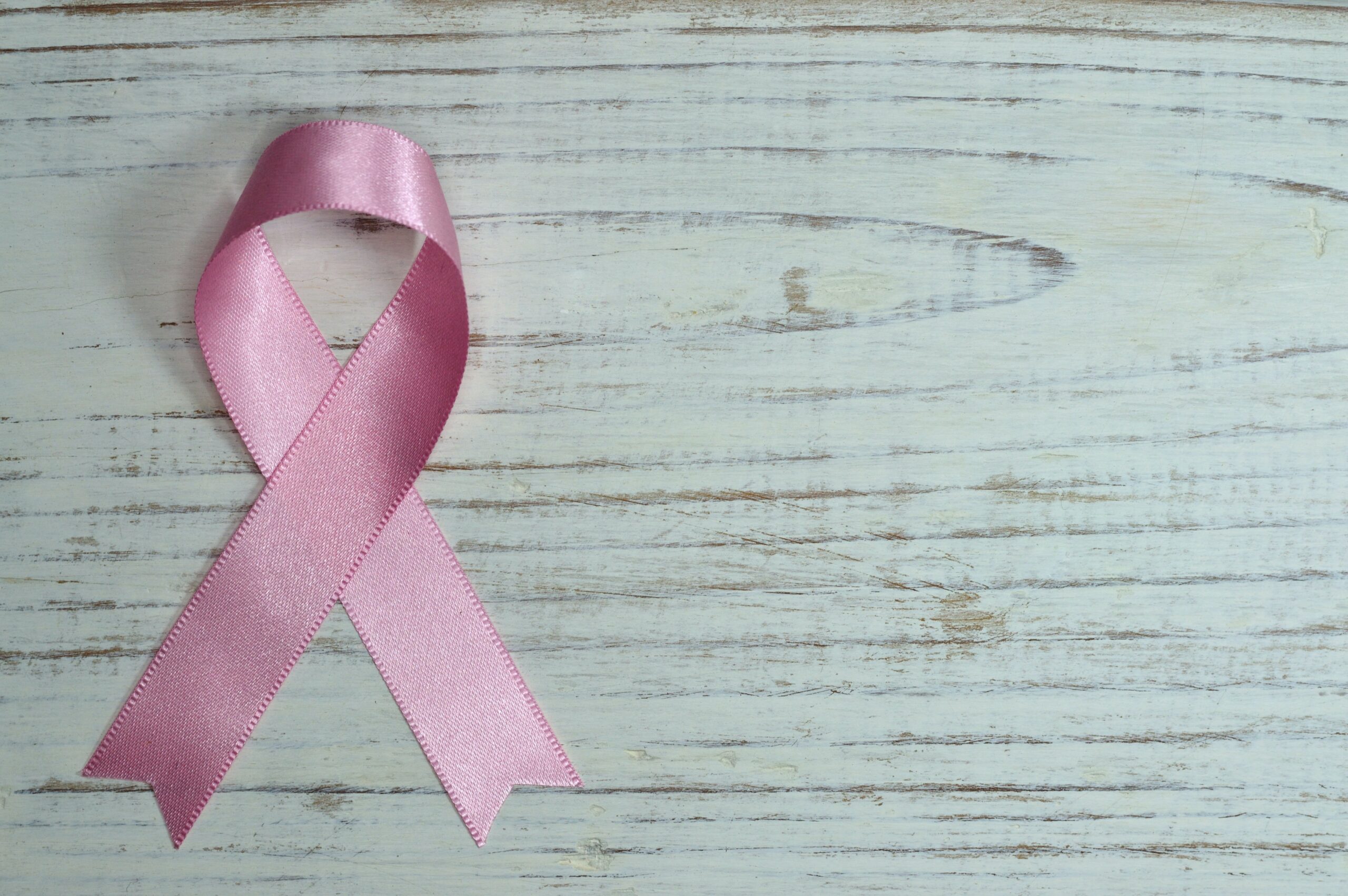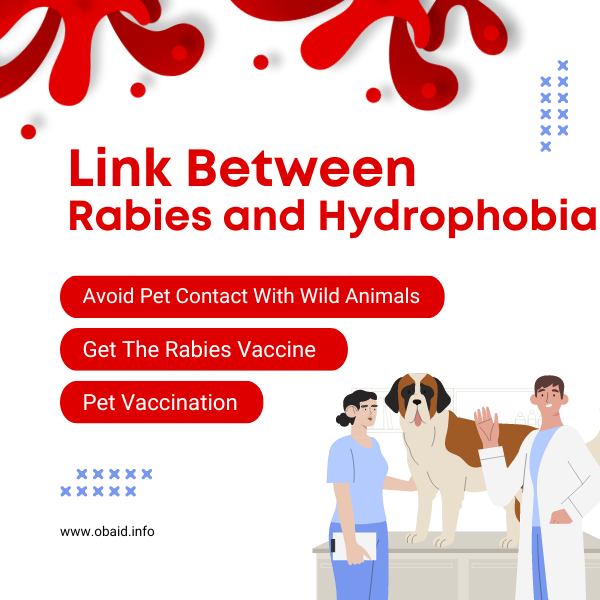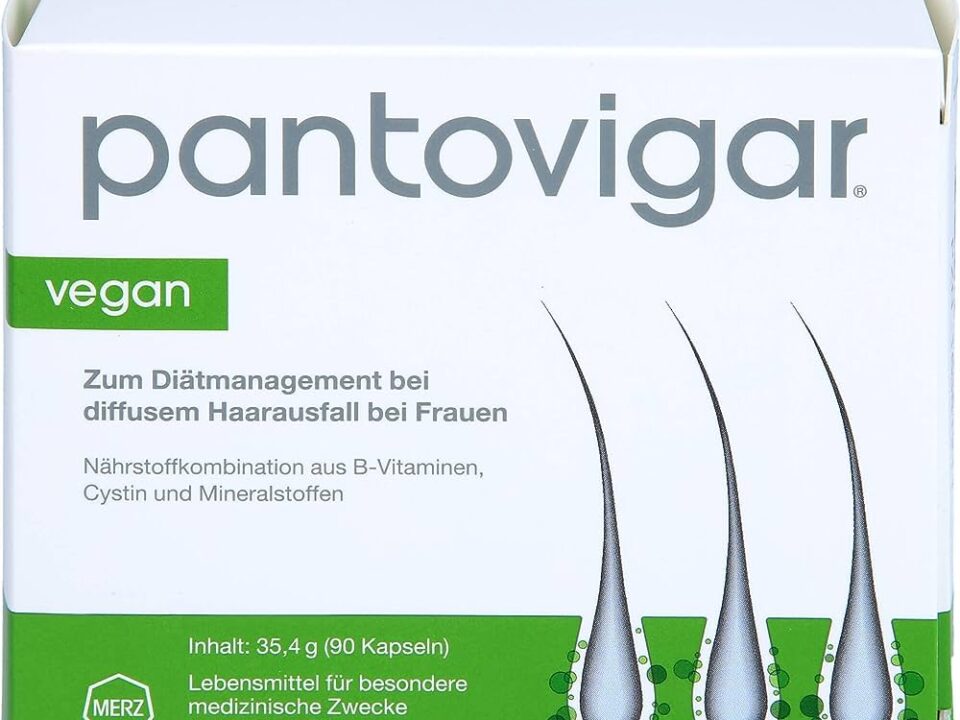
4 Different Types of Pharmacology Related To the Musculoskeletal System
January 1, 2021
4 Dimensions to Improve Cancer Patient Quality Of Life
January 15, 202110 Super Points on Peptic Ulcer Disease
Peptic Ulcer Disease
Today we’re going to be talking about peptic ulcer disease you might see in your books is PUD. The term peptic ulcer disease is actually given when the gastric acid in the digestive tract erodes the inner area of the small intestine, pylorus, stomach or even the esophagus.
extremely painful
These erosions can cause open sores and can become extremely painful and can even start to bleed. Usually, the mucous lining of the small intestine and stomach can protect against gastric acid, however, if this mucous lining is decreased, and the amount of gastric acid is increased, a peptic ulcer can develop in the patient.
encompass
Peptic ulcers can encompass: Duodenal ulcer, these ulcers occur in the first part of the small intestine.Gastric ulcers, these ulcers occur inside the patient’s stomach.Esophageal ulcers, these can occur in the patients’ esophagus.
causes of peptic ulcer disease
Let’s look at some of the causes of peptic ulcer disease. Causes a peptic ulcer disease include a bacteria called Helicobacter pylori, and from now on we’re going to call it H-Pylori. This is actually the most common cause.
h-pylori
It used to be thought that stress and eating spicy foods used to be the cause of peptic ulcer disease, but they’ve actually narrowed it down to H-Pylori. So that’s probably an important test question for you to remember. This bacteria, by the way, is ingested by contaminated food or water, and believe it or not, it is actually found in two thirds of the world’s population.
NSAIDs
Another cause is the use of NSAIDs. Now you guys remember NSAIDs are non-steroidal anti-inflammatory drugs, also ibuprofen, and even believe it or not, enteric coated aspirin can still cause ulcers.
gastrinoma
There’s another cause of peptic ulcer disease and it’s called zollinger Ellison syndrome. And this is basically a gastrinoma. Now, this is a very rare tumor in the stomach, but it actually will increase gastric output.
So let’s look at some of the risk factors for peptic ulcer disease. Those risks for developing peptic ulcer disease includes:
- Older age, (now some books that you look at, depending on your source will say, over age 45, some will say over age 50, some will say over age 60. So let’s just kind of make it a middle age. Okay. For this article, we’re going to say over age 45).
- Gender, believe it or not, it’s more common in women than men, lucky men!
- The use of corticosteroids and NSAIDs together.
- Long term use of NSAIDs.
- Past history of ulcers is a big risk factor.
- Alcohol use.
- Excess smoking.
- Radiation treatments can contribute to getting peptic ulcer disease.
signs and symptoms of peptic ulcer disease:
The patient actually may not exhibit any symptoms of the illness. However, if and when they do exhibit symptoms, they can include:
- Pain, this is the most common symptom. Pain is usually located in the mid to upper abdomen.
- Heartburn; annoying or burning feeling, and it sometimes occurs between meals or at night.
- Bloating.
- Nausea and vomiting.
- Unexplained weight loss.
- Changes in appetite.
- Dark tarry stools, this is actually a severe symptom.
- Also vomiting blood, consider that a severe symptom too.
Complications of peptic ulcer disease:
If peptic ulcers are left untreated, the following may result:
- Peritonitis, and this is really bad and they also can actually create an opening in the walls of the stomach or small intestine. And this can actually allow the contents to go into the abdominal cavity, causing serious infection.
- Bleeding from the ulcers, this can result in severe blood loss.
- Scarring, now this one’s a little interesting, so the scar from the ulcer can make it more difficult for the stomach to empty and the patient can actually feel full, vomit and lose weight.
Diagnosis of peptic ulcer disease:
Diagnosis can be utilized by the following methods an upper endoscopy, blood test, breath tests or even stool for H-Pylori, barium swallow or upper GI series, now this is a series of X rays to visualize esophagus all the way down to the small intestine to see if there’s any ulcers present.
Treatment Options for Peptic Ulcer Disease
Let’s talk about some treatments and medical considerations. So the following treatments may be used to treat PUD:
antibiotics Antibiotics, and this is to actually kill the H-Pylori bacteria, if it is, in fact found in the digestive tract. Now again, depending on what book you’re looking at, they may say they’re going to use more than one antibiotic. Proton pump inhibitors And you guys know that this is to reduce the stomach acidH2 blockers Now this is going to reduce the amount of gastric acid is actually released into the digestive tract. antacids Of course, we’ll probably be using some antacids to neutralize the gastric acid Anticholinergics and final options Anticholinergics to reduce gastric motility. Some books will even say prostaglandins, and that may be prescribed for the ant secretory and the protective actions. Now, if all else fails, surgery may be done. And that’s if the bleeding from the ulcer has not stopped, or the ulcer has actually resulted in a perforation.
Patient Education for Peptic Ulcer Disease
Pharmacists need to educate the patients on the following:
- They need to avoid alcohol.
- These patients need to avoid chocolate and caffeine.
- They need to avoid aspirin.
- They need to avoid NSAIDs.
- They need to avoid smoking if possible.
13 Comments
-
I’ve been using Panatazole for the past 2 years to treat my GERD
But it’s getting really painful when skip a day without taking the medication.
I try to stay away from spicy food or wrong sleeping posture. this was very helpful for my case -
I thought Ranitidine was withdrawn from the market? it has some sever side effects!
-
Loved your approach on the topic.
-
Can milk help?
-
Don’t use milk. I will give you more acids.
-
-
great blog
-
I don’t have peptic ulcer disease, but I did learn a lot from this post. I was actually diagnosed with ulcerative colitis but I have gotten it under control now. Thanks for bringing awareness for GI related conditions! It’s cool to know that people out there know what it’s like!









FAQs on peptic ulcer disease
Q: What is the pathophysiology of a peptic ulcer?
A: A peptic ulcer is an open sore that occurs in the lining of the stomach or duodenum, typically caused by an imbalance between stomach acid and the lining’s protective mechanisms.
Q: How are peptic ulcers diagnosed and tested?
A: Diagnosis and tests for peptic ulcers may include x-rays, urea breath tests, and endoscopic procedures to visualize the ulcer.
Q: What are the risk factors for developing peptic ulcers?
A: Risk factors for peptic ulcers include Helicobacter pylori infection, frequent use of nonsteroidal anti-inflammatory drugs, smoking, and certain medical conditions like Zollinger-Ellison syndrome.
Q: What are the symptoms and causes of peptic ulcers?
A: Symptoms of peptic ulcers include abdominal pain, bloating, nausea, vomiting, and weight loss. Common causes include H. pylori infection, NSAID use, and an imbalance of stomach acid.
Q: What is the main cause of peptic ulcers?
A: The main cause of peptic ulcers is the presence of Helicobacter pylori bacteria in the stomach or duodenum.
Q: What are the common symptoms of a peptic ulcer?
A: The common symptoms of a peptic ulcer include burning stomach pain, bloating, belching, and feeling full after eating small amounts of food.
Q: How do peptic ulcers cause symptoms?
A: Peptic ulcers cause symptoms by irritating the lining of the stomach or duodenum and disrupting the balance of stomach acid and protective mechanisms.
Q: What is the difference between gastric and duodenal ulcers?
A: Gastric ulcers occur in the stomach lining, while duodenal ulcers occur in the lining of the duodenum, which is the upper part of the small intestine.
Q: Is a peptic ulcer a medical emergency?
A: In some cases, peptic ulcers can lead to serious complications like bleeding ulcers or perforation, which may require immediate medical attention and intervention.
Q: How can peptic ulcers be treated?
A: Treatment for peptic ulcers may involve lifestyle changes, medications to reduce stomach acid production, antibiotics to eradicate H. pylori infection, and in severe cases, surgery to repair complications like bleeding or perforation.